Who Are The Richest People Of All Time?
5 min readAnd just how wealthy they are compared to some Filipino billionaires.
Bill Gates is the richest man of our time, no doubt about that. He has consistently made it to Forbes’ list of wealthiest people in the world since 1987; was the richest in 1995 to 2007, and 2009; and has remained on top from 2014 to present.
But if we looked across history, where would Gates stand? Would he even make it to the richest people of all time? How do you compare wealth across different time periods and economies anyway?
TIME Money took on this herculean task and interviewed academic economists and historians for hours. They came up with a list of the 10 richest people of all time—and guess who actually made it?
10. Genghis Khan
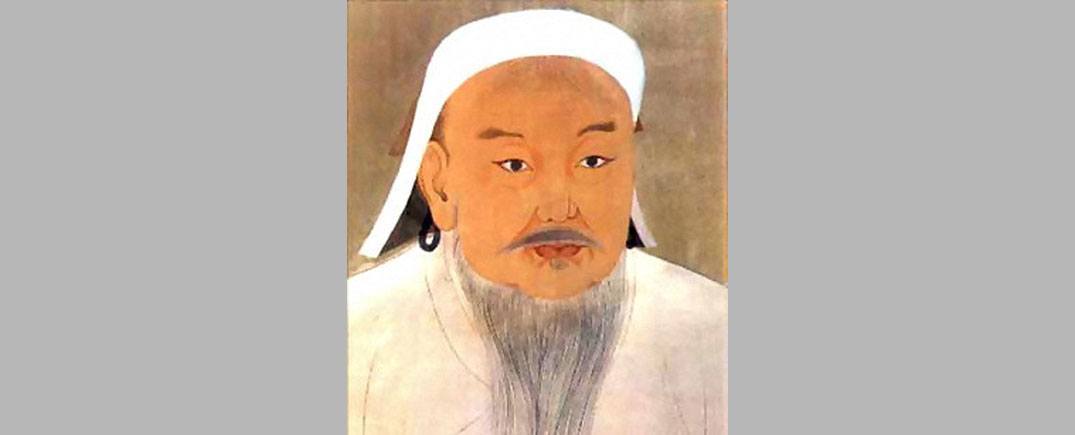
www.commons.wikimedia.org | Anonymous court painter
Discover Magazine cites a 2003 historical genetics study that indicates one in 200 men in the world came from the line of Genghis Khan, the ruler responsible for the expansion of the Mongol Empire up to Europe. While the Mongol Empire was short-lived as compared to others, his conquests made him earn around 33 million square kilometers of land, making him the 10th richest man on this list. The late Yu Tan, whose family is said to be one of the biggest landowners in the Philippines, owns at least 20,000 hectares of land in the country. Picture that.
(See Related Topic:Â How These Billionaires Made Their First Million)
9. Bill Gates

www.commons.wikimedia.org
Gates is the only living person on the list, with a current net worth of $78.2 billion. The Microsoft cofounder has been the richest person in the world for 21 times. By comparison, Henry Sy, who has consistently topped the richest Filipinos lists, has about one-fifth of Gates’ wealth.
8. Alan Rufus
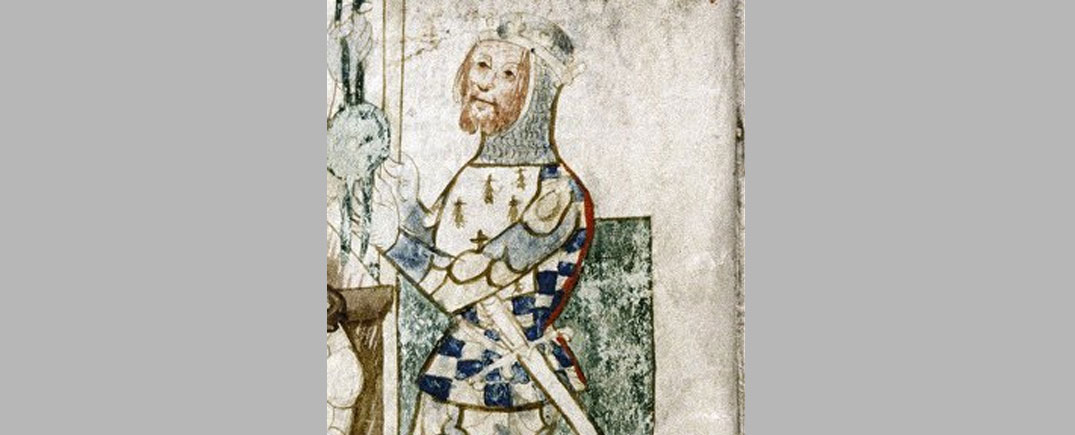
www.commons.wikimedia.org | MS. Lyell 22
Most famous for his valor during the Norman conquest of England in the 11th century, Alan Rufus was a military man who aided William the Conqueror. When he died in 1093, it was reported that he had GBP11,000 in his possessions. According to an article by the Sunday Times, his wealth to seven percent of England’s GDP at that time. Today, the said amount would translate to US$194 billion—equivalent to a whopping P8.9 trillion, which is more than four times our national budget in 2015.
7. John D. Rockefeller
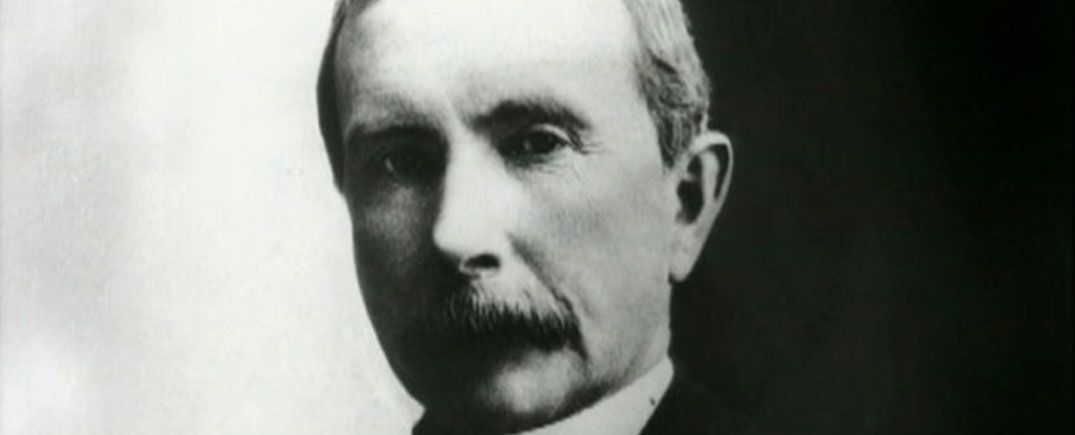
www.history.com
Renowned American industrialist and oil magnate John Rockefeller was one of the main reasons for America’s rise to economic power during the 19th century. By controlling 90 percent of oil production in the country—going side-by-side with the country’s industrialization—his Standard Oil Company became the leader in its field quickly. By 1918, it was estimated that his fortune from the petroleum industry was $1.5 billion, or $341 billion in today’s money. This makes local oil company Petron’s 2014 income of P428 billion loose change compare to Rockefeller’s.
6. Andrew Carnegie
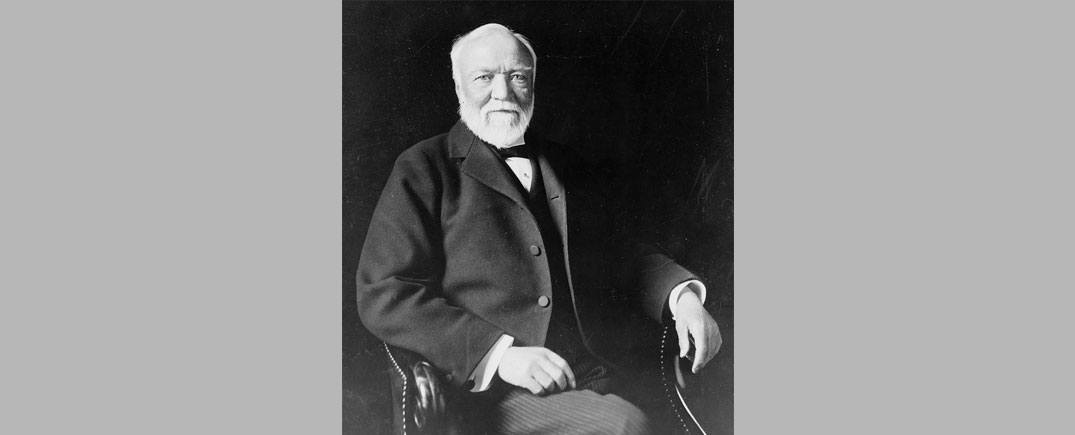
www.commons.wikimedia.org | Library of Congress by Theodore C. Marceau
Rockefeller may be the famous one, but behind the shadows of the press was an even richer figure in the form of Andrew Carnegie. The Scottish immigrant, who made his fortune during the height of the United States’ industrialization, became the king of steel with his company called US Steel. After selling the company to JP Morgan in 1901, Carnegie made a fortune of around $480 million dollars—or $372 billion in today’s currency. Andrew Tan’s $312-million acquisition of Fundador even couldn’t match JP Morgan’s purchase of US Steel.
5. Joseph Stalin

www.commons.wikimedia.org | General Federal Archives
For 30 years, Joseph Stalin proved to be the supreme leader of the Soviet Union. During his tenure, he had total control of the whole economy by having a centralized economy, which would translate to 9.5% of the world’s economic output during his time. If converted to 2014’s value, it would give him a total power of around US$7.5 trillion. How does the Philippines’ GPD stack against Stalin’s economic control? According to the CIA World Factbook, ours is only around 0.0037 percent of the world’s GDP.
(See Related Topic: The World’s Richest Female Billionaires)
4. Akbar I
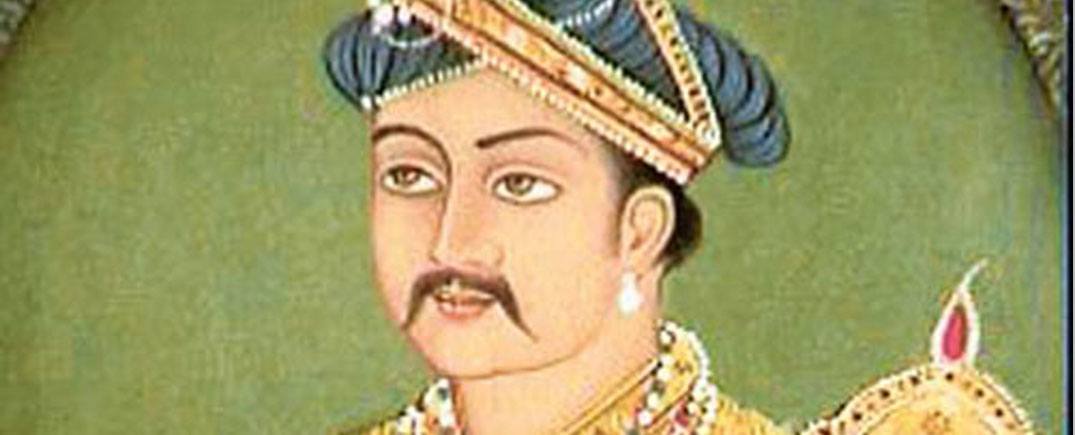
www.chillopedia.com
Before the British Empire even occupied the Indian subcontinent, the civilizations that flourished in the area were already mighty in terms of economy. One of the most renowned cultures was the Mughal Dynasty under the leader Akbar I. During the 16th century, Akbar I’s empire controlled around one-fourth of the world’s economy. This supports the claim of historians that Indian elites were much wealthier as compared to their counterparts with effective tax collection systems. Not even the combined fortunes of the country’s current top 10 billionaires—which would amount to around $49.3 collectively—can come close to the enormous wealth of Akbar I.
3. Emperor Shenzong
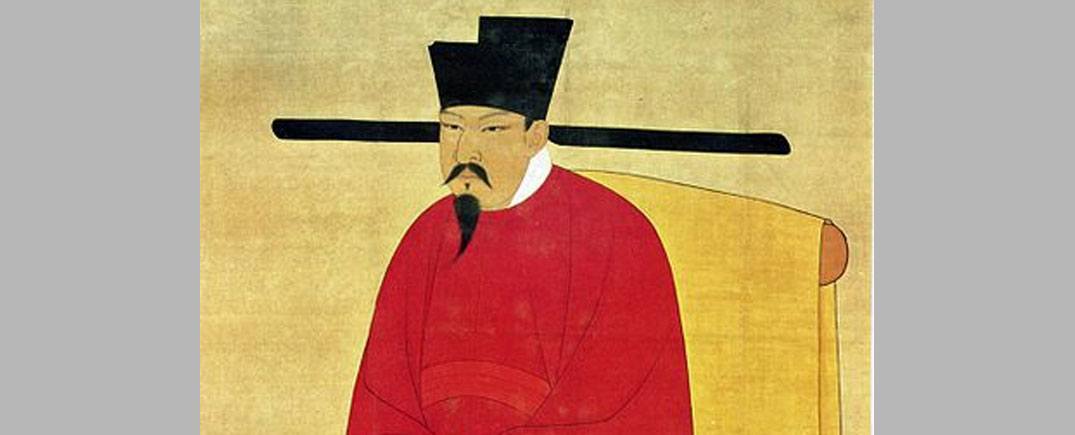
www.commons.wikimedia.org | National Palace Museum, Taipei
With thousands of years of rich history and innovations in terms of economic and technological advancements, ancient Chinese empires have always been a powerhouse in world history. Under leader Emperor Shenzong, the Song Dynasty achieved its height of power in terms of economic dominance by producing 25-30 percent of the global GDP. It will take the combined GDP of both the US and China to beat the Song Dynasty’s feat, which would amount to 35 percent of the globe’s current GDP.
2. Augustus Caesar
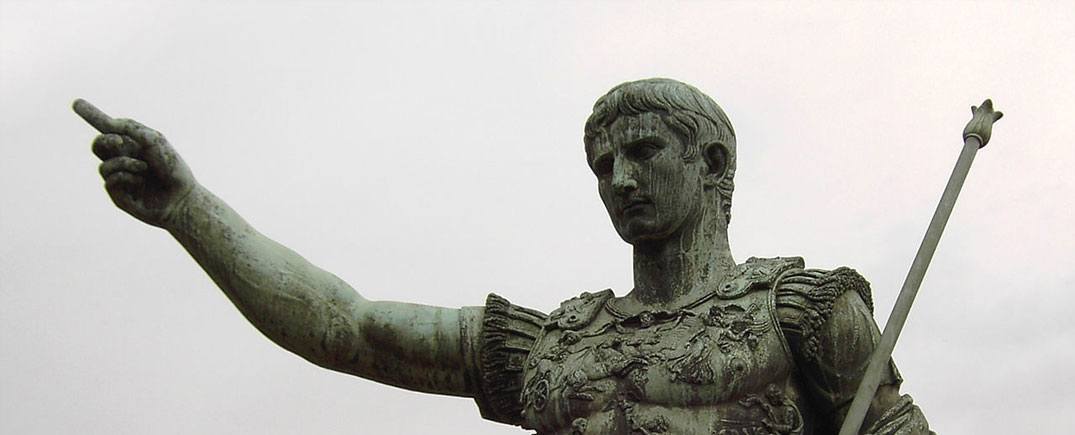
www.commons.wikimedia.org | Alexander Z.
For a man who made a decree naming a month after him, it is no surprise that Augustus Caesar is one of the most powerful people who ever walked on the planet. As the head of the Roman Empire, who wielded one-third of economic power all over the world, he did not only achieve total economic dominance. He also amassed quite a fortune for himself, amounting to around one-fifth of his empire. In today’s money, that translates to $4.6 trillion. His assets include the entire Egypt, and with that amount he can practically buy off the Philippines 10 times over based on our GDP—and even pay off our external debt 10 times again. Even still, he’d have enough money left to make additional investments.
1. Mansa Musa
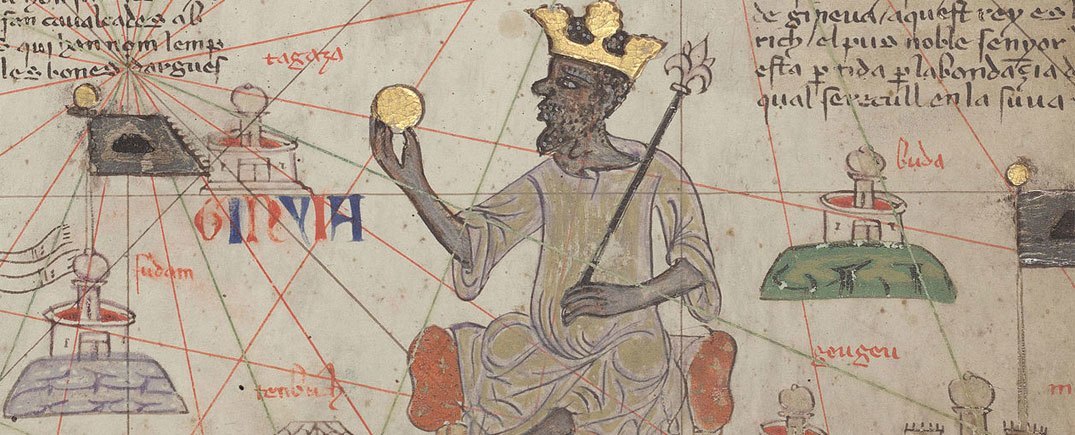
www.commons.wikimedia.org | Bibliothèque Nationale de France
Mansa who? For starters, no historian can ever come up with the exact figure of his total wealth. The famous emperor of the Malian empire owed his unfathomable riches to gold and salt production, which were immensely valued during his time. Aside from leaving behind a mystery of his wealth, Mansa Musa also erected mosques that are still standing up to now. While his wealth only lasted in his lifetime, one thing is for sure: When people cannot find the right words to explain your wealth, “filthy rich†would be an understatement. –Dino Mari Testa
